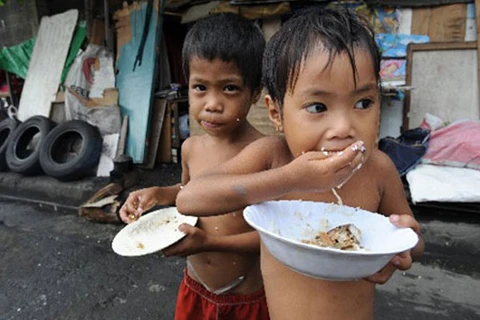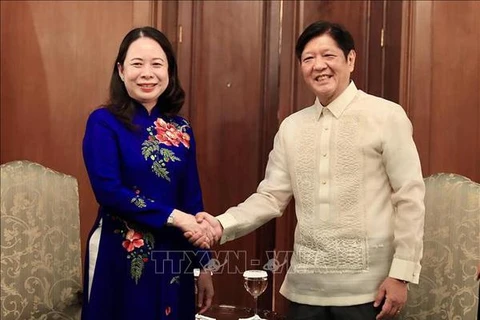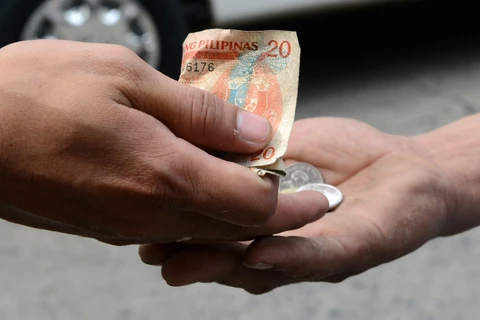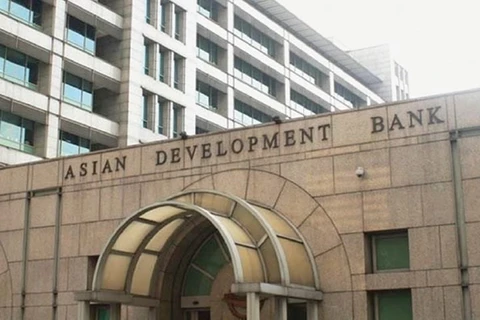Hanoi (VNA) – Philippine President Ferdinand Marcos Jr on July 25 delivered his first State of the Nation Address (SONA) at the country’s parliament, pledging to reform the tariff system and turn the country into a destination for investors and tourists.
In his speech, Marcos promised agricultural reforms to increase production and reduce dependence on imports.
He emphasised the need to carry out reform programmes to attract investment and tourists, as well as maintain the current solid growth momentum. Marcos said his administration will implement strict fiscal policy management and set a GDP growth target of 6.5-7.5% this year, while warning about immediate difficulties in stabilising prices.
On the agricultural sector, Marcos also introduced a number of measures to help the Philippines increase agricultural output and show stronger adaptation to climate change. Farmers will be allowed to defer repayment, helping them use resources to increase production. He also stressed the need to create a new generation of farmers with the application of advanced science and technology to agriculture.
In addition, the new Philippine leader also pledged to improve education and healthcare service quality as well as working conditions for doctors and nurses, and boost infrastructure in the nation of more than 7,000 large and small islands.
Marcos, 64, was elected President of the Philippines in the election on May 9. This victory marked the Marcos family's return to the Presidential Palace after many decades. He is the son of the late President Ferdinand Marcos.
During his election campaign, Marcos vowed to work to promote the country's development by addressing the immediate impacts of the COVID-19 pandemic, creating new jobs, improving digital and agricultural infrastructure systems, improving public health and stimulating domestic consumption./.
In his speech, Marcos promised agricultural reforms to increase production and reduce dependence on imports.
He emphasised the need to carry out reform programmes to attract investment and tourists, as well as maintain the current solid growth momentum. Marcos said his administration will implement strict fiscal policy management and set a GDP growth target of 6.5-7.5% this year, while warning about immediate difficulties in stabilising prices.
On the agricultural sector, Marcos also introduced a number of measures to help the Philippines increase agricultural output and show stronger adaptation to climate change. Farmers will be allowed to defer repayment, helping them use resources to increase production. He also stressed the need to create a new generation of farmers with the application of advanced science and technology to agriculture.
In addition, the new Philippine leader also pledged to improve education and healthcare service quality as well as working conditions for doctors and nurses, and boost infrastructure in the nation of more than 7,000 large and small islands.
Marcos, 64, was elected President of the Philippines in the election on May 9. This victory marked the Marcos family's return to the Presidential Palace after many decades. He is the son of the late President Ferdinand Marcos.
During his election campaign, Marcos vowed to work to promote the country's development by addressing the immediate impacts of the COVID-19 pandemic, creating new jobs, improving digital and agricultural infrastructure systems, improving public health and stimulating domestic consumption./.
VNA

























